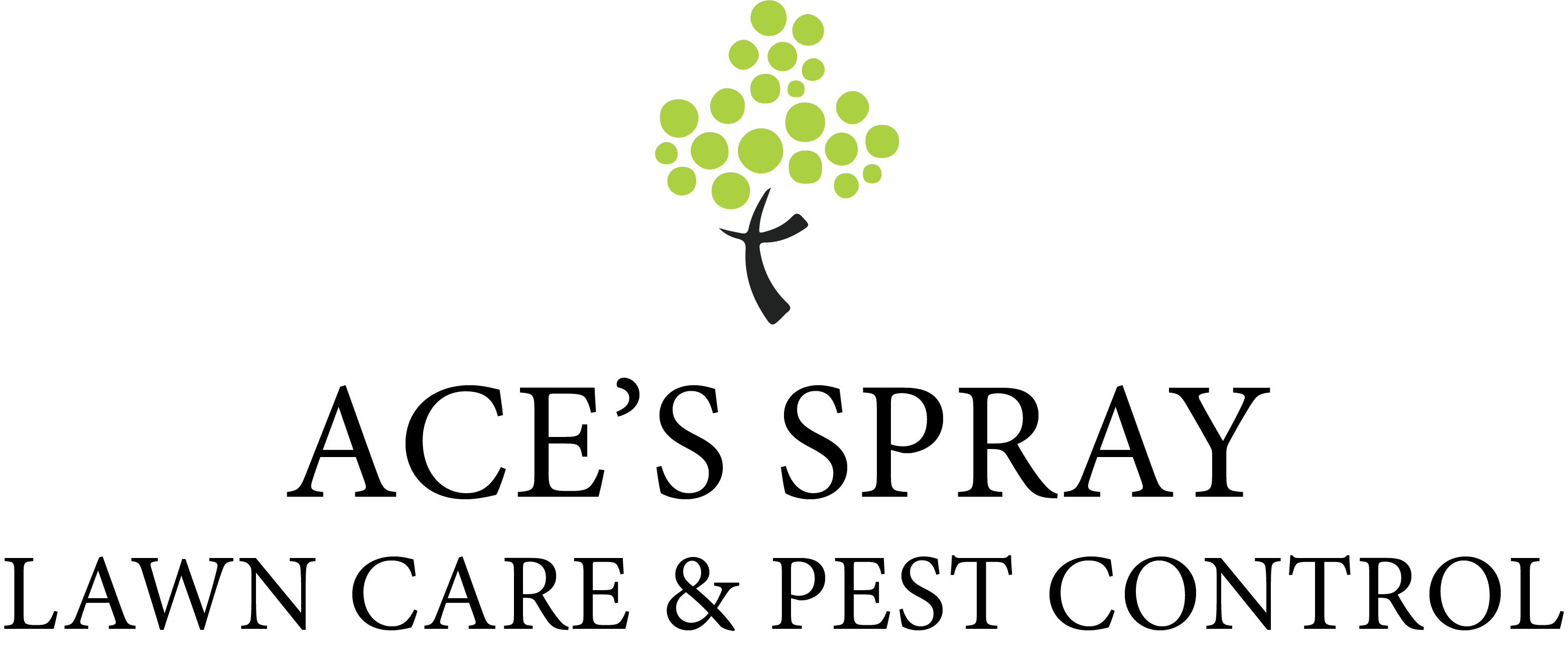Intro
As the temperatures begin to rise in Utah, so does the activity of pests in the area. Understanding how warmer weather affects pest behavior is crucial in maintaining a pest-free environment. In this blog post, we will delve into the impact of spring weather on pest activity and provide insights from Utah pest control experts.
The Link Between Warmer Weather and Increased Pest Activity
As temperatures climb in Utah, the environment becomes increasingly conducive to pest activity. This seasonal shift not only awakens pests from dormancy but also accelerates their life cycles, enhancing their need for resources such as food and shelter. Consequently, homes often become prime targets for these opportunistic invaders. The core of this phenomenon lies in the biology and behavior of pests, which are significantly influenced by climatic conditions. Elevated temperatures, in particular, boost pest metabolism, leading to increased feeding and breeding activities. This uptick in pest presence not only heightens the risk of infestations but also emphasizes the importance of proactive pest management strategies. Understanding this critical relationship between warmer weather and pest behavior is the first step in safeguarding your home against unwanted guests this spring.
Common Pests to Watch Out for This Spring in Utah
As the season transitions into spring, Utah residents should be vigilant about several pests that become more active and prevalent during this time. Ants, making their way into homes in search of food and water, pose a common concern for homeowners. Spiders, thriving in warmer conditions, increase in visibility as they hunt for prey, often leading to uncomfortable encounters. Cockroaches, attracted to moist environments, can quickly become a nuisance in both residential and commercial properties. Additionally, rodents, seeking shelter and nesting sites, can cause significant damage to structures and pose health risks through the diseases they carry.
Monitoring for these pests and recognizing the early signs of their activity can be crucial in preventing potential infestations. Each of these pests has unique behaviors and habitats, but they all share the ability to rapidly multiply and become a larger issue if not addressed promptly. Homeowners are advised to inspect their properties regularly for any signs of pest activity and take appropriate measures to mitigate their presence. Engaging with pest control professionals can offer an effective solution to managing these common spring pests, leveraging their expertise to implement strategies tailored to the specific challenges presented by each type of pest.
Preventative Measures to Reduce Spring Pest Infestations
To mitigate the risk of pest infestations during the spring, adopting preventative strategies is key. Homeowners should focus on eliminating access to their homes by pests. This can be achieved by sealing cracks and openings along the foundation, around windows, and doors, which serve as entry points for pests. Additionally, ensuring that food sources are inaccessible can significantly deter pests; this means storing food in sealed containers and disposing of garbage regularly in sealed receptacles.
Water accumulation is another attractant for many pests. Fixing leaky pipes and ensuring proper drainage away from the home can reduce moisture that pests seek. Regular maintenance of yards, including the removal of debris and trimming of vegetation near the house, can decrease the likelihood of pests finding shelter on your property.
Collaborating with pest control experts for periodic inspections can further aid in identifying potential vulnerabilities around your home before they become significant issues. The professionals at Ace’s Spray can offer advice tailored to your specific situation, helping to maintain a living environment that is less appealing to pests.
By incorporating these practices, homeowners can create a robust defense against the onset of spring pests, maintaining the integrity and comfort of their homes.
How Utah Pest Control Professionals Can Help
At Ace, our pest control experts bring a wealth of knowledge and experience to the table when dealing with spring pest infestations. Their expertise allows for the development of tailored treatment plans that specifically target the pests prevalent in your area during the warmer months. Our professionals not only address current infestations but also implement preventive measures to safeguard your home against future pest issues.
Working closely with a pest control service offers several advantages. First, it grants access to the latest pest management technologies and methods, ensuring effective and efficient treatment. Second, our experts are adept at identifying potential pest entry points and vulnerabilities in a property, providing actionable advice on how to fortify your home against invaders.
Moreover, pest control professionals understand the unique behaviors and preferences of spring pests, allowing them to devise strategies that disrupt the pests’ life cycles and reduce their populations.
By partnering with Ace’s Spray, homeowners gain a proactive ally in maintaining a pest-free environment. This collaboration not only addresses immediate concerns but also establishes a foundation for long-term pest management, keeping your home comfortable and secure throughout the spring and beyond.
The Impact of Neglecting Spring Pest Control
Overlooking the need for spring pest control can have significant ramifications for property owners. Without timely intervention, small pest problems can escalate, leading to extensive damage to homes and landscapes. The structural integrity of a property may be compromised as pests like termites and rodents gnaw through wood and electrical wiring, creating both safety hazards and costly repairs. Furthermore, the health of residents is at stake, as many pests are carriers of diseases that can be transmitted through bites, droppings, or indirect contact. Allergies and respiratory issues may also be aggravated by the presence of pests such as cockroaches and dust mites.
In addition to physical health concerns, a pest-infested environment can lead to psychological stress for homeowners, diminishing the sense of comfort and security within their own homes. Ignoring the early signs of pest activity forfeits the opportunity to address infestations when they are most manageable. As the situation worsens, more extensive and expensive measures become necessary to rectify the problem. Proactively engaging with pest control professionals to implement preventive measures can circumvent these negative outcomes, preserving both the well-being of residents and the condition of the property.
